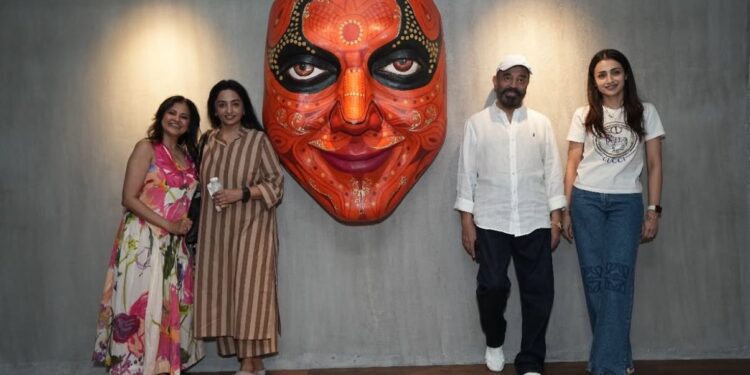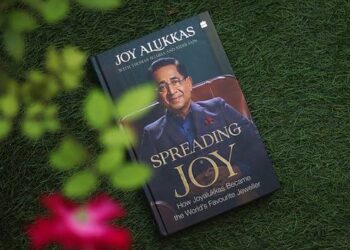New Delhi, June 17, 2025 – The Supreme Court of India has directed the Karnataka government to ensure the release of Kamal Haasan’s film Thug Life in the state. The court emphasized that any film certified by the Central Board of Film Certification (CBFC) must be screened without interference. This ruling follows a controversy sparked by Haasan’s remarks about the Kannada language.
The court, led by Justices Ujjal Bhuyan and Manmohan, criticized Karnataka for an “extra-judicial ban” on the film. It stated that mobs and vigilantes cannot dictate screenings. “Rule of law demands that a CBFC-certified film be released,” the bench said. The Karnataka government must respond by June 18, 2025.
The controversy began on May 24, 2025, during the film’s audio launch in Chennai. Haasan, a veteran actor and producer, claimed that “Kannada was born out of Tamil.” This statement angered pro-Kannada groups, leading to threats against theaters planning to screen Thug Life. The Karnataka government allegedly blocked the film’s release through informal directives and police interference.
A Public Interest Litigation (PIL) filed by Bengaluru resident Mahesh Reddy challenged the ban. Reddy argued that the state’s actions violated free speech and the rights of CBFC-certified films. The Supreme Court agreed, questioning the Karnataka High Court’s suggestion that Haasan apologize for his remarks.
Thug Life, directed by Mani Ratnam, was released on June 5, 2025, in Tamil, Telugu, Malayalam, and Hindi across other states. However, Karnataka theaters faced protests and threats, halting screenings. The Supreme Court warned that allowing mobs to control releases undermines law and order.
The court’s ruling reinforces the importance of CBFC certification. It also highlights ongoing tensions over linguistic pride in India. Haasan, through his production house Raajkamal Films International, has refused to apologize. He insists his comments were misunderstood and expressed respect for Kannada culture.
The case will continue on June 18, 2025, as the court awaits Karnataka’s response. The ruling sets a precedent for protecting artistic expression against regional protests.







































